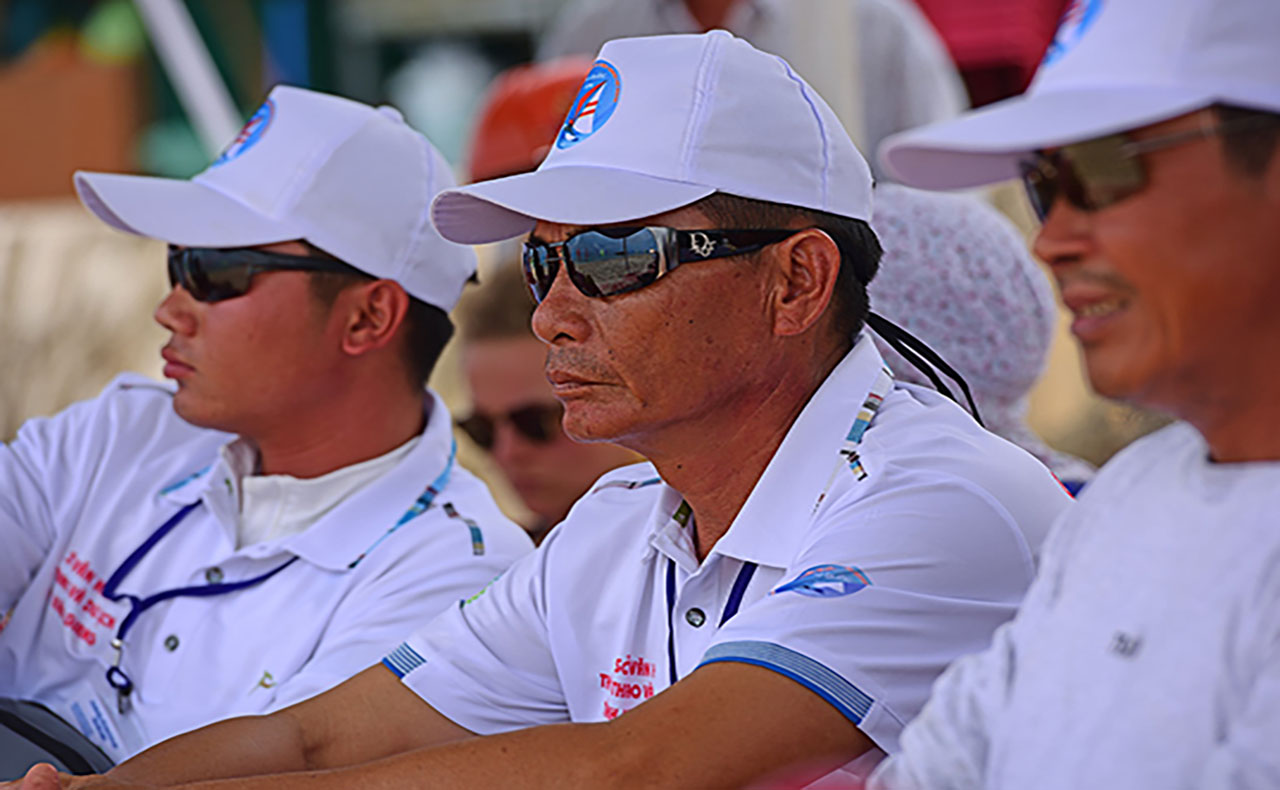Effective Strategies for Dealing with Coaching Burnout

Published
Coaching is one of those professions where passion for the job is a key ingredient. However, over time, the ups and downs of the season can make us question that passion. While this response is normal, fluctuations in these feelings can manifest into the larger problem of coaching burnout.
What is Burnout?
Burnout is a general term that relates to the following symptoms:
- Physical and mental fatigue
- Lack of connection to job or responsibilities
- Diminished sense of job importance
- Feelings of low success in tasks
- Lack of passion for job
Some people typically exhibit only a few of these symptoms of burnout. While we all experience ups and downs during a season, the difference with burnout is that the symptoms build until there is an overwhelming sense of being an ineffective coach. It is important to recognize these symptoms of burnout and find strategies to effectively manage the situation.
Strategies for Fighting Coaching Burnout
- Monitor Yourself: Listen to your body and your emotions. If you are feeling overtired or fatigued, know that you need to find some time to relax or recharge. Also, if you are noticing that your emotions are uncharacteristic (e.g., snapping at others, mood swings), recognize that this reaction could be a sign of burnout.
- Take a Break: While taking a break may seem like an impossible task sometimes, it is vital! As a coach, taking short breaks from the office or a half-day away from work is essential for one’s well-being. Offseason time spent with family and friends is important in helping you renew for the next year as well.
- Stay Connected with Your Support: Make sure, especially during the heart of the season, that you stay in touch with those individuals that support you. Take a short break and call a mentor, loved one, or friend. Staying connected with individuals, both in and out of your sport, can help fight against symptoms of coaching burnout.
- Plan Ahead: One of the triggers of burnout is constantly dealing with unknown or changing situations. One must plan ahead in order to deal with symptoms of burnout. For example, making sure the hotel you are staying in has breakfast or a fitness center to keep you physically ready. Another example would be to plan out delegating tasks to assistant coaches or team captains. Planning ahead in regards to how to stay your best, both physically and emotionally, is essential in fighting coaching burnout.
- Stay Involved: Getting involved in your local and national coaching organizations can help you to fight off burnout. It seems counterintuitive to suggest doing more for dealing with burnout, but it really does help! Common symptoms of burnout are feeling disconnected and uninspired with your job. By attending coaching clinics, you will learn new techniques and tips to reinvigorate your coaching tactics. You will also network with individuals who are dealing with similar issues and frustrations, which may assist in fighting off feelings of isolation and detachment.
Remember to take time to monitor yourself and keep connected and involved. The key to dealing with burnout is to identify how you experience these symptoms and what strategies work for you!
Share this article:
Published in:




